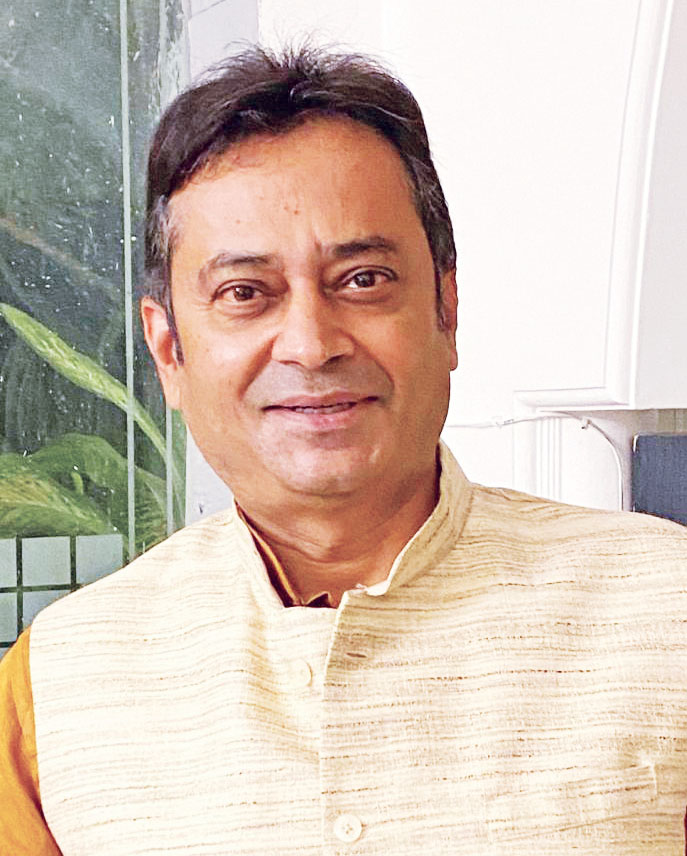Karnataka, long seen as one of India’s top beer-consuming states, is witnessing a troubling trend. Beer sales in the state dropped by more than 18% in the first half of 2025, even as India’s overall beer market clocked a robust 10% growth during the same period.
According to data from the Karnataka excise department, 209.9 lakh carton boxes were sold between January and June 2025—down from 257 lakh cartons in the same period last year. The most dramatic fall was in January, when sales dropped a staggering 30.6%. Even during peak summer months—typically strong for beer sales—the slump continued, with April and May down by 16% and 26% respectively. March and June saw double-digit dips too, suggesting that the downturn is more than just seasonal.
Industry insiders point to a mix of policy instability and rising prices as the primary culprits. In the last two years, the government has increased taxes and licence fees on beer and low-end Indian-made liquor (IML) four times. This change in policy constantly has been hurting the sector. Retailers echo the frustration.
Responding to mounting criticism, the Karnataka government recently revised the Additional Excise Duty (AED) structure. The earlier system—195% duty plus ₹130 per bulk litre—was replaced with a flat 200% AED. Venkatesh Kumar R, Commissioner of the State Excise Department, recently told a media house that the ₹130 slab disproportionately impacted low-cost beer by increasing MRP by ₹15–20 and that the new flat structure aims to ease that burden.
Still, the revised structure has been in effect for just a month, and officials admit a full recovery will take time. An early monsoon this year also disrupted peak-season sales, particularly in Bengaluru.
Contrasting National Growth
Ironically, Karnataka’s woes come at a time when the national beer market is booming. India’s beer consumption rose 10% year-on-year in FY 2024–25, according to the Brewers Association of India (BAI), with total volumes hitting 450 million cases—up from 405 million cases in the previous fiscal. Spirits, by contrast, saw a mere 2.2% growth, down from 4.5% the year before.

“There’s a shift towards milder alcoholic beverages like beer,” said Vinod Giri, Director General, BAI. “As alcohol becomes more socially accepted, consumption moves from just functional highs to social bonding.”
The trend has prompted renewed investment interest. In February 2025, major brewers—including United Breweries, AB InBev, and Carlsberg, who together control 85% of India’s beer market—announced plans to invest over ₹3,500 crore in setting up new breweries across the country. It is the largest annual investment in over a decade for the sector.
The contrasting trajectories highlight the challenges of India’s fragmented alcohol policy landscape. While some states offer competitive excise regimes and policy clarity, others like Karnataka are struggling with over-regulation and volatile taxation.

